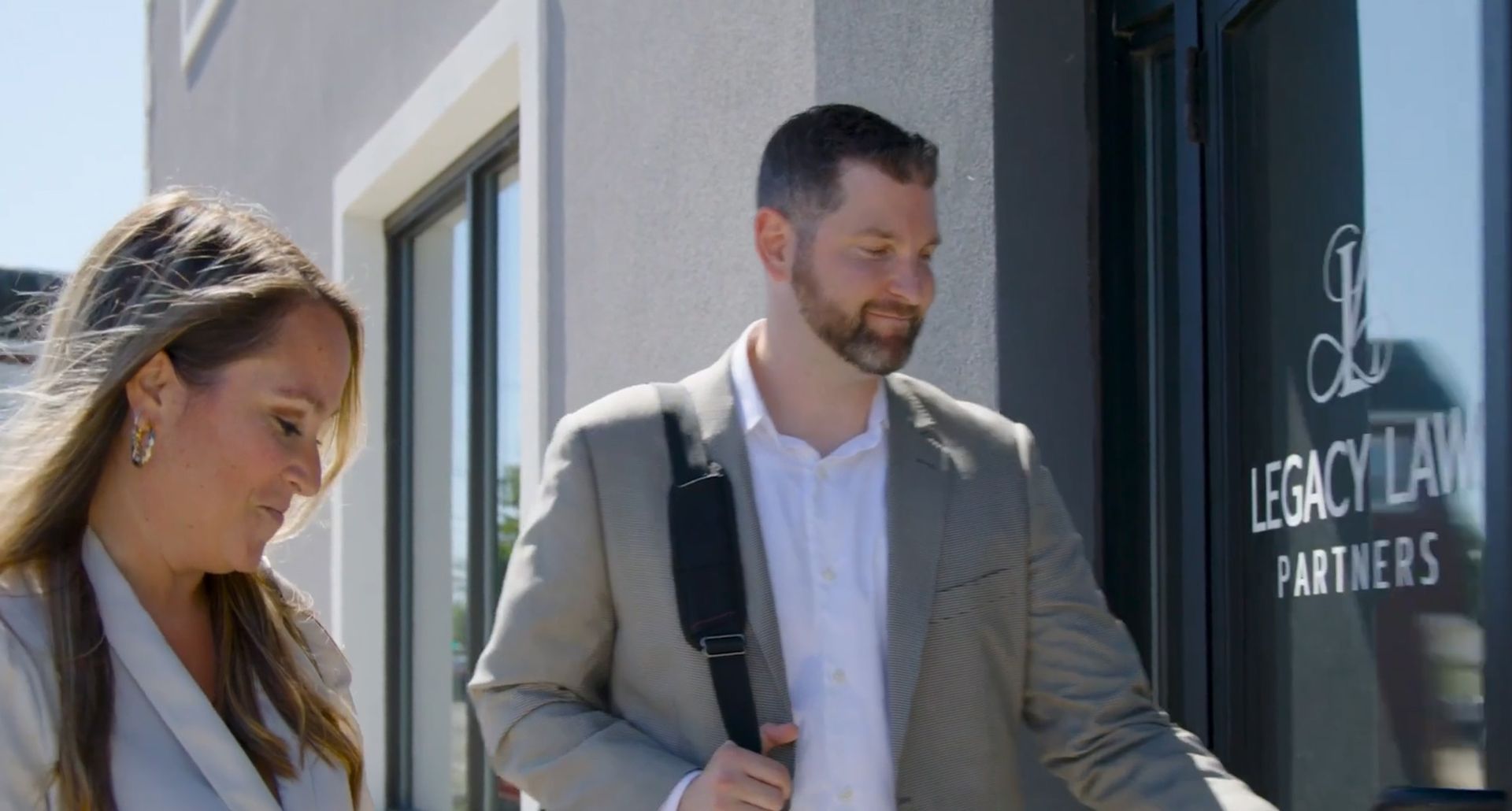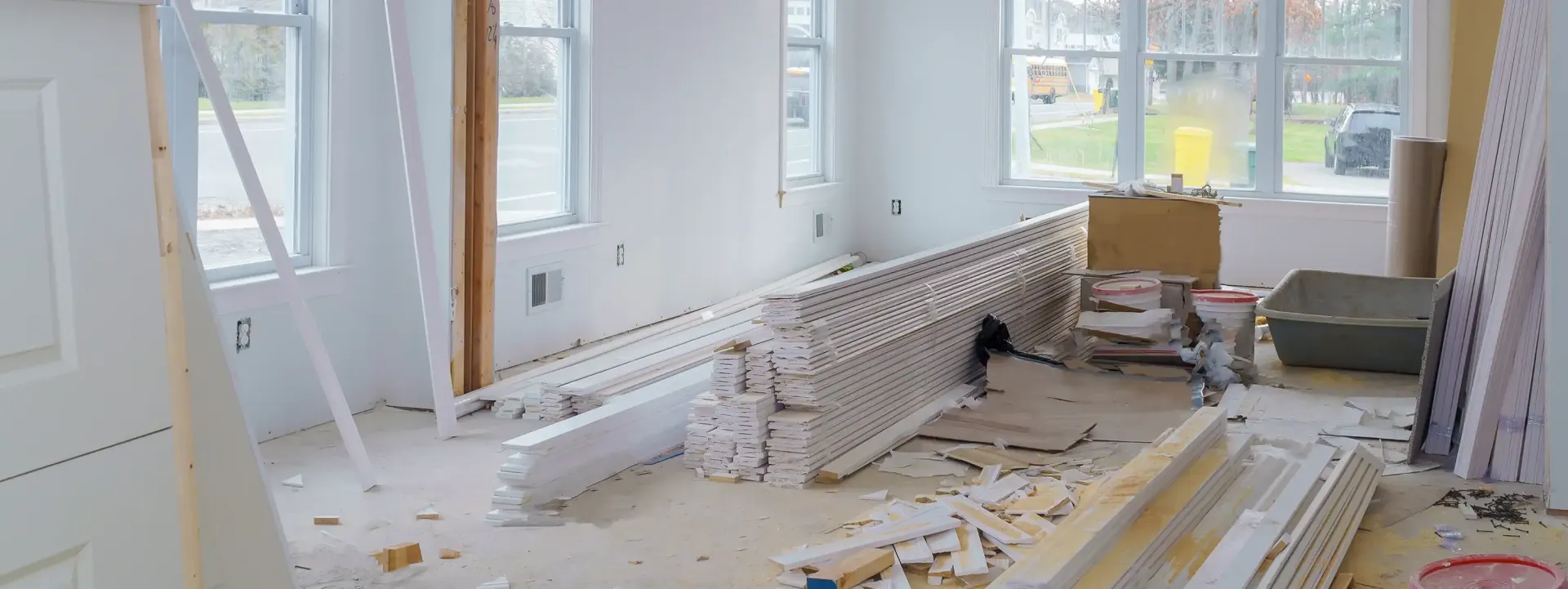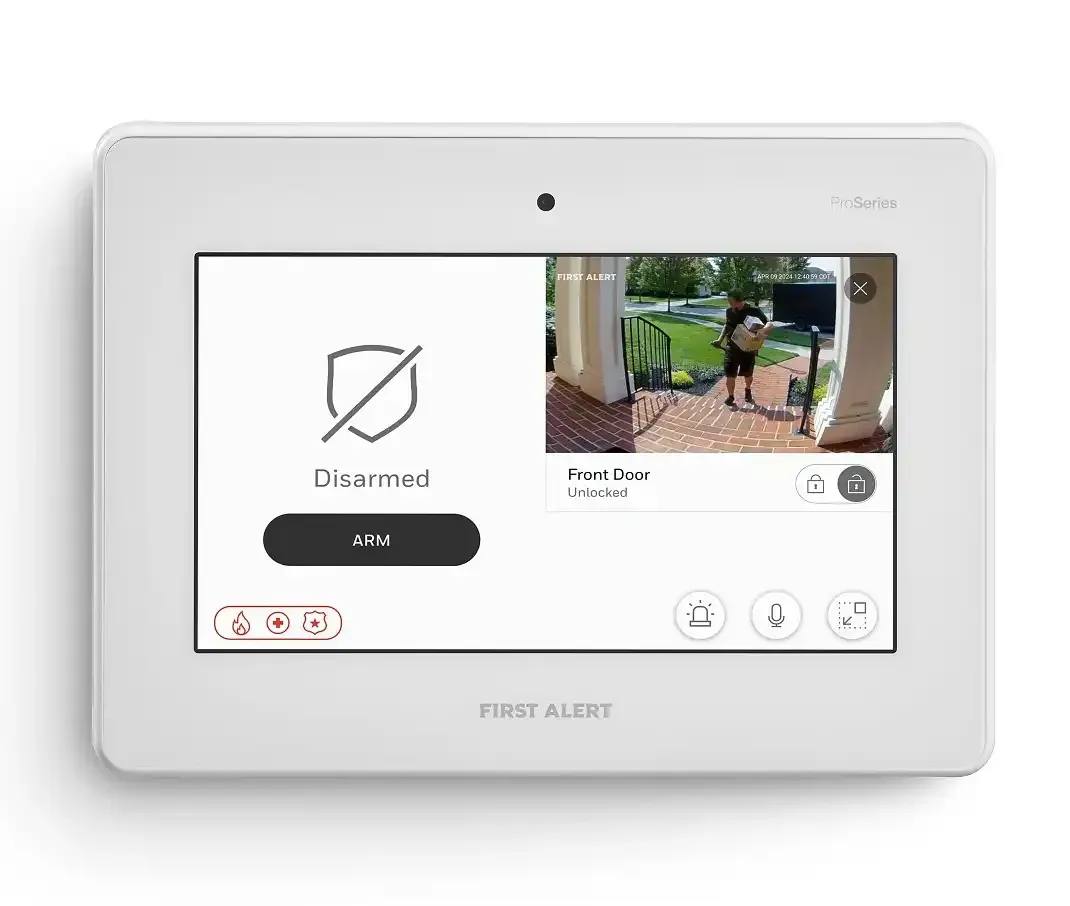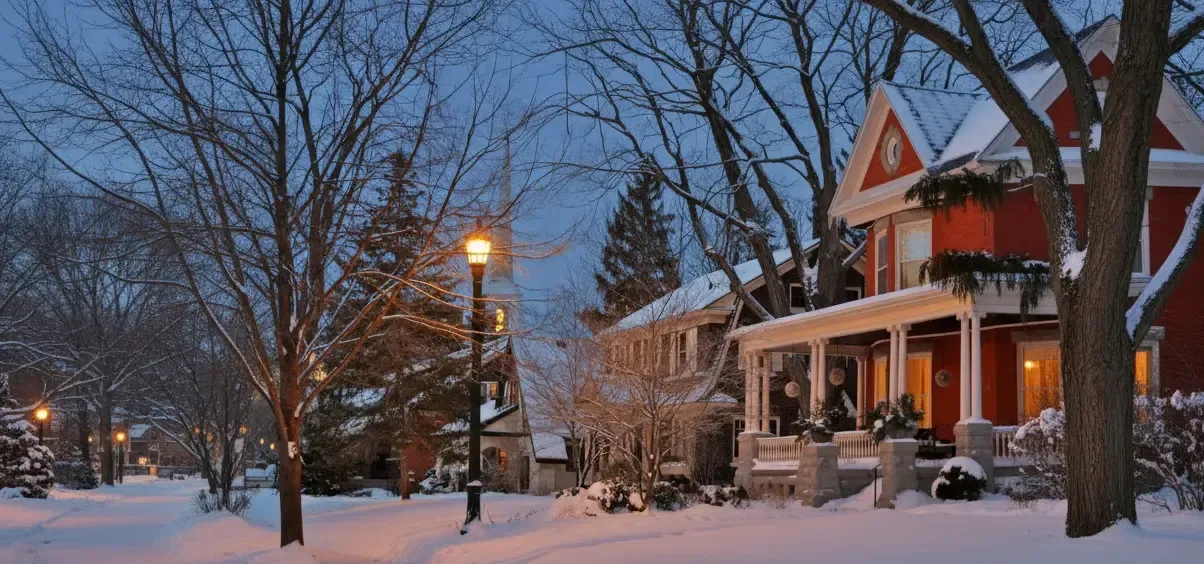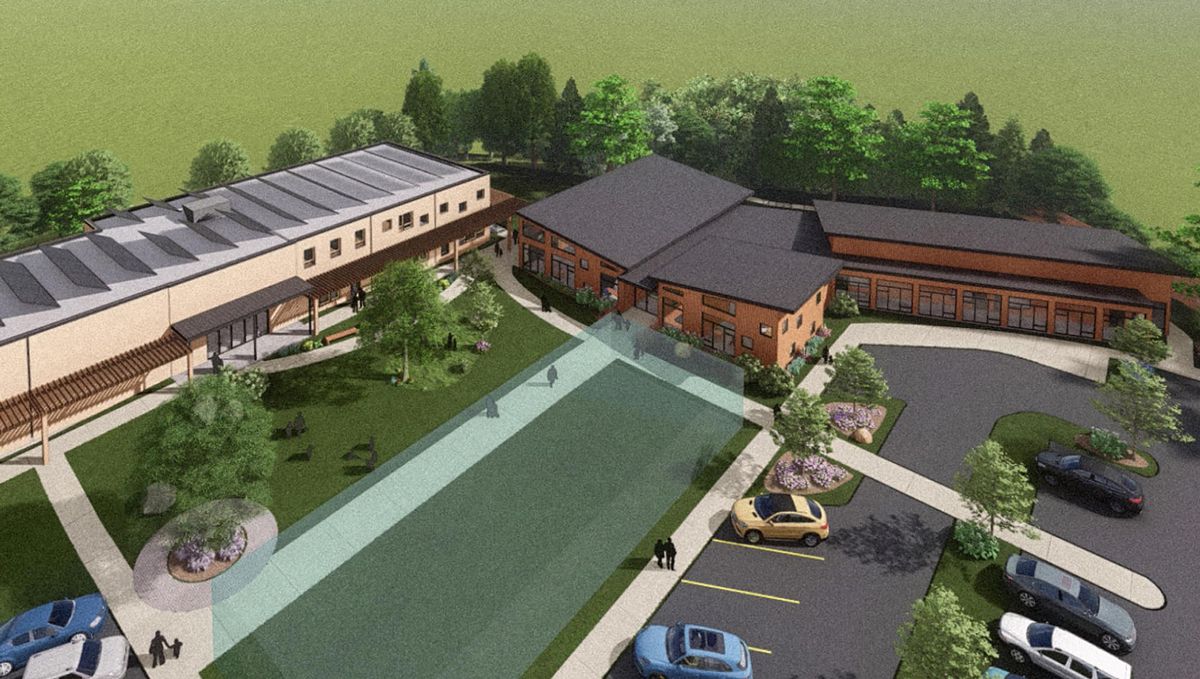Should I Have Monitored Carbon Monoxide Detectors on My Home Security System?
Provide additional protection for your family and home.
Like many industries, home security has undergone significant changes over the years. In the past, systems were fairly basic, typically consisting of devices such as doors, windows, and motion sensors. Over time, as technology evolved, more devices were incorporated into these systems to enhance the safety of loved ones and homes. While home automation packages have been a popular topic recently, life safety devices, particularly monitored carbon monoxide detectors, have been the products most frequently inquired about by our customers.
As monitored carbon detectors are becoming increasingly popular devices for installation in customers' homes, we thought we would assist by discussing the pros and cons of these devices while addressing some of the more commonly asked questions, such as:
- Do I need a monitored carbon detector if I already have local sounding devices?
- How many monitored carbon detectors do I need to install in order to be properly protected?
At ATP, we believe monitored carbon detectors are vital to any system to ensure you are protected, but ultimately, it's all about what makes you feel safest. Instead of us telling you that you should install these products, we will educate you on monitored carbon detectors, outline the benefits and downsides, so that you can make an informed decision about whether or not the product is right for you.
Quick Facts on Carbon Monoxide:
The following excerpt was found on the National Conference of State Legislatures:
- Carbon monoxide, or CO, poisoning is the second most common cause of non-medicinal poisoning death. According to the CDC, over 100,000 people seek emergency treatment for accidental CO poisoning each year, and more than 420 people in the U.S. die from it.
- Carbon monoxide is found in fumes produced by furnaces, kerosene heaters, vehicles running in garages, stoves, lanterns, gas ranges, portable generators, or by burning charcoal and wood. CO from these sources can build up in enclosed or partially enclosed spaces. People and animals in these spaces are vulnerable to illness and even death from elevated exposure. According to the NCSL, CO poisoning is the second most common cause of non-medicinal poisoning death. Additionally, CO detectors are required for new homes built in both Connecticut and Florida.
How Many Carbon Detectors Do I Need to Be Up to Code?
The international association of fire chiefs recommends the following carbon protection for homes:
- A carbon detector on every level of a home, including basements.*
- A detector should be located within 10 feet of each bedroom door.
- There should be one near or over any attached garage.
- Each detector should be replaced every five to six years.
*Additional carbon detectors are required for larger homes. These devices can be local sounding products as code does not require monitored smoke detectors.
What Is a Monitored Carbon Detector?
A monitored carbon detector is a device that can be installed on an alarm system to alert your security provider and you if a carbon leak occurred in your home. Your monitoring station would then contact your local fire department and then reach out to you to see if it is, in fact, an emergency. The number of monitored carbon detectors on a system varies for each home, as it is typically dependent on the size of the home, budget, and current protection level. These products can be wirelessly connected to a control panel or hardwired if it is a new building or if there are preexisting wires in place.
Now that we have touched on some of the basics of carbon detectors let’s go over the pros and cons so you can see if monitored units are something you should have installed in your home.
Pros of Monitored Carbon Detectors:
1. Safety.
2. Peace of mind when you are not home.
3. Increased discount on your home insurance rate.
Safety:
This concept should be pretty easy to grasp, the more protection you have in your home, the better. Also, monitored carbon detectors are connected to a security system and are active at all times so even if you forgot to arm your system they will still call out to your monitoring station. This can come in handy as your local fire department will be notified while you are making sure all family members (pets included) are outside of the home as soon as you hear a detector sound which can make a world of difference.
Peace of mind when you are not home:
The most common response from customers when monitored carbon detectors are brought up in conversation is “we have detectors all over our house”. That is great for when you are home, but what about when you are away for the weekend or out running errands? Without monitored carbon detectors, you would not know something was wrong until you returned home to devices sounding. Families with pets should also take into consideration the safety of their family members that are oftentimes left home alone and are at a higher risk of being affected by a terrible situation.
Increased discount on your home insurance rate:
When you have a monitored security system you receive a discount on your homeowners’ insurance. Typically, when you add life safety devices, like carbon detectors, that discount will increase. Adding protection to your home while saving money annually sounds like a win-win!
Cons of Monitored Carbon Detectors:
1. Price.
2. Possible service calls.
Price:
The price point of monitored carbon detectors is the biggest drawback to the device. Most of the time you can find a three or four-pack of local sounding carbon units for the price of one monitored device. The reason for this is quite simple, monitored carbon detectors cost manufacturers more to make so they are going to cost the customers more to buy. This is the part where customers need to weigh the importance of safety and cost to see what they are most comfortable with.
Possible Service Calls:
In most situations, if there is something wrong with a carbon detector we will find out during the initial installation. With that said, just like any other product out there that you might purchase, there are cases in which devices will fail before the expected lifespan of a carbon detector (5-6 years). The downside to this is that if the device does not fall under warranty replacement you would need to purchase a new detector and schedule a service call with one of our technicians as you would not be able to replace the product yourself.
Based on this article, you most likely came to the conclusion that we feel monitored carbon detectors are an important device for homeowners, and you are right. With that said, we understand the product is not for all customers whether that is because of price or they believe they are properly protected without the device. Either way, we hope this write-up was helpful in you
learning more about what you should be doing in order to create a safer home!


